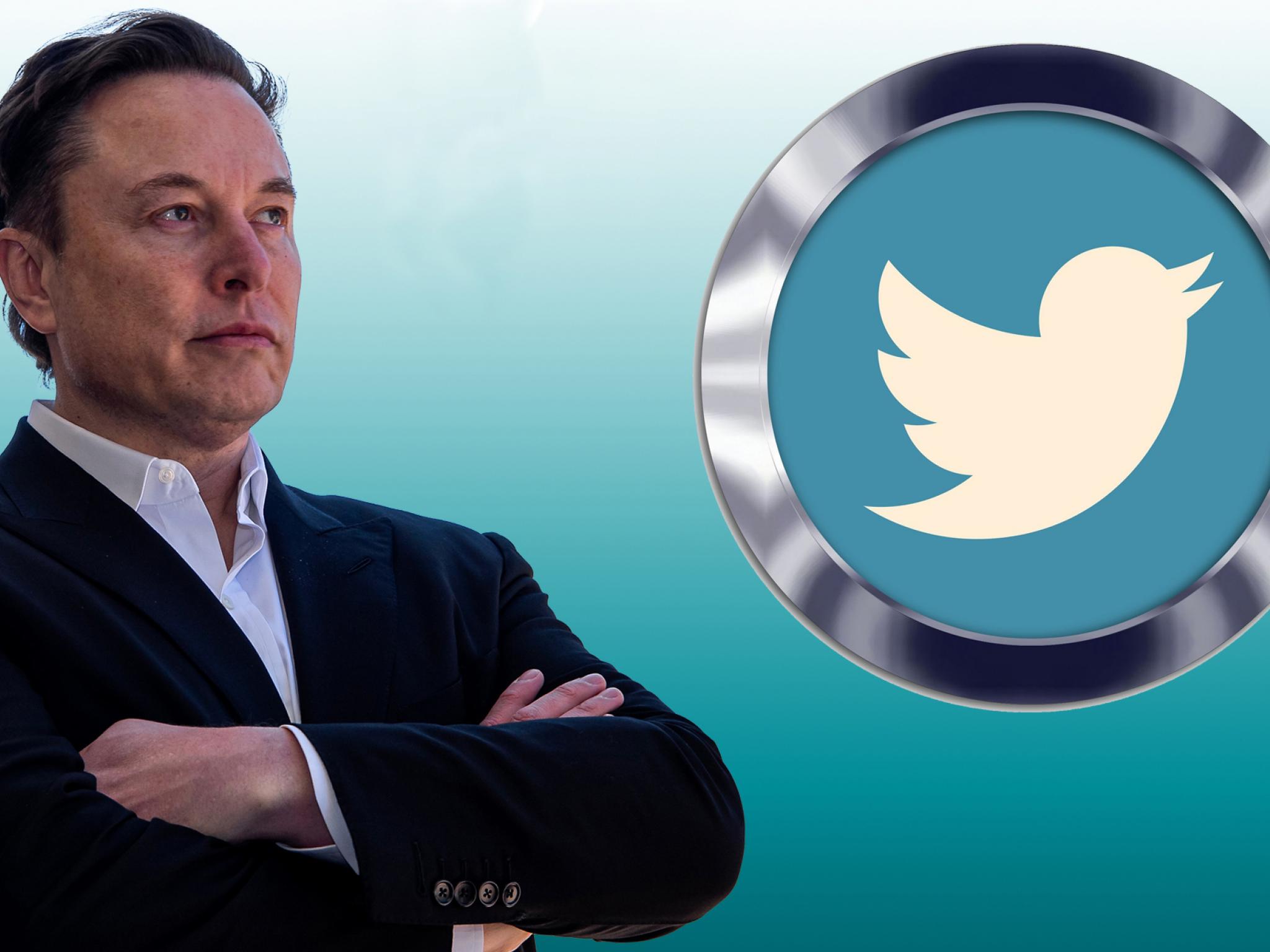
News that Elon Musk submitted another bid to purchase micro-blogging platform Twitter Inc (NYSE:TWTR) sparked renewed discussion about the large-scale consequences of the possible impending change of ownership.
NBC Senior Reporter Ben Collins weighed in on Twitter Wednesday to outline the implications of Musk taking over control of the platform, specifically in relation to who Musk has aligned himself with socially, politically and financially since making his original bid for Twitter, and how those alignments could affect the midterm elections.
“For those of you asking: Yes, I do think (Twitter) can and will change pretty dramatically if Musk gets full control over it,” Collins began.
The Implications: Speaking broadly, Collins saw an issue with the potential lack of oversight if Musk followed through with his plan to take the company private. “If Musk is really taking this site private, there are no real guardrails anymore. Rulemaking can be capricious,” Collins wrote.
Specifically, in relation to the narrative on Twitter, Collins said Musk would be able to “elevate any idea or person he wants through recommendations and UX choices.”
The short-term outcome, Collins said, will be the “abandonment of traditional moderation policies” where “stuff like Pizzagate — pushed by bots and liars — will be protected. Disinfo campaigns will top trending topics and drive news cycles. Authoritarian governments will have a field day,” he continued.
In the long term, Collins believes Musk’s plans for Twitter will result in the platform’s destruction.
“Musk's plans for this website are a suicide bomb,” he wrote, explaining that “very few people want to use a moderation-free app saturated with lies by design. We know this from the dozens of Twitter clones who've tried and failed."
See Also: Did Someone Know Elon Musk Was Buying Twitter Again? Options Flow May Point To An Answer
The Root Of The Problem: Collins pinned down the core issue of what Twitter could become if Musk owns it: who the billionaire has aligned himself with during the deal-making process.
As an example, Collins pointed to leaked texts where one redacted sender called for Musk to install a “VP of enforcement” with the style of Blake Masters. “Masters is a far-right Senate candidate backed by Facebook founder and Trump donor Peter Thiel,” Collins added.
Another leaked text Collins highlighted was from a redacted sender who appeared to pitch Musk on how to allow for the return of right-wing users who have been banned from the platform. Collins pointed out that one of the texts referred to the unbanning of “the boss himself,” which Collins believes is in reference to former president Donald Trump.
Collins also drew attention to a May-dated SEC filing that revealed Saudi Prince Al Waleed bin Talal Al Saud would be the largest equity investor, owning 34,948,975 shares of Twitter. If that part of the deal was still on the table, Al Waleed would own about 5.5% of the company after Musk took over.







